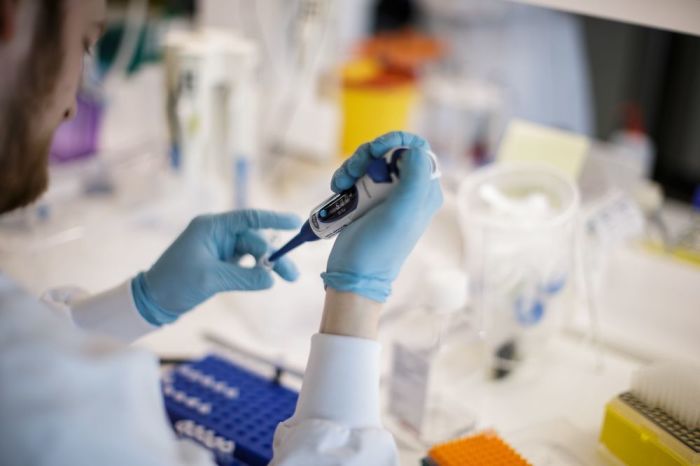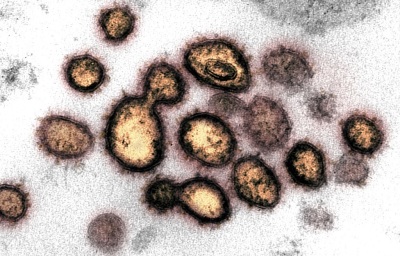Second US drug maker develops COVID-19 vaccine, said to be 94.5% effective

A second company in the United States announced that it developed a vaccine for COVID-19, reporting that the possible treatment has a 94.5% efficacy.
Moderna, Inc. released a statement Monday, saying that mRNA-1273, its vaccine candidate, had undergone phase 3 of a study, with the vaccine having a 94.5% efficacy rate.
Known as the COVE Study, the research involved over 30,000 participants and was conducted with the National Institutes of Health and the Office of the Assistant Secretary for Preparedness and Response at the U.S. Department of Health and Human Services.
“The primary endpoint of the Phase 3 COVE study is based on the analysis of COVID-19 cases confirmed and adjudicated starting two weeks following the second dose of vaccine,” stated the company.
“This first interim analysis was based on 95 cases, of which 90 cases of COVID-19 were observed in the placebo group versus 5 cases observed in the mRNA-1273 group, resulting in a point estimate of vaccine efficacy of 94.5%."
Moderna went on to note that an interim analysis of the research found that there were no “significant safety concerns” and that their “vaccine was generally well tolerated.”

Moderna Chief Executive Officer Stéphane Bancel called the findings “a pivotal moment in the development of our COVID-19 vaccine candidate.”
“Since early January, we have chased this virus with the intent to protect as many people around the world as possible,” stated Bancel.
“This positive interim analysis from our Phase 3 study has given us the first clinical validation that our vaccine can prevent COVID-19 disease, including severe disease.”
Moderna has been working with the U.S. Centers for Disease Control and Prevention and the Trump administration’s Operation Warp Speed program.
The announcement comes as fewer U.S. adults say they would definitely or probably get a COVID-19 vaccine. According to a Pew Research Center survey in September, 51% said they would get a vaccine. In May, 72% said they would get it.
Last week, Pfizer Inc. and BioNTech announced that it developed a vaccine found to be more than 90% effective in preventing COVID-19 in participants without evidence of prior infection.
“Today is a great day for science and humanity. The first set of results from our Phase 3 COVID-19 vaccine trial provides the initial evidence of our vaccine’s ability to prevent COVID-19,” said Pfizer Chairman and CEO Dr. Albert Bourla in a statement.
“We are reaching this critical milestone in our vaccine development program at a time when the world needs it most with infection rates setting new records, hospitals nearing over-capacity and economies struggling to reopen."
The difference between the Pfizer and Moderna vaccine candidates is that the latter can be stored at a normal refrigerator temperature, making it easier to distribute, according to Reuters.
Moderna plans to file the vaccine for emergency use authorization within the next few weeks, although if approved, it is not expected to be widely available by the end of the year, Reuters added.




























